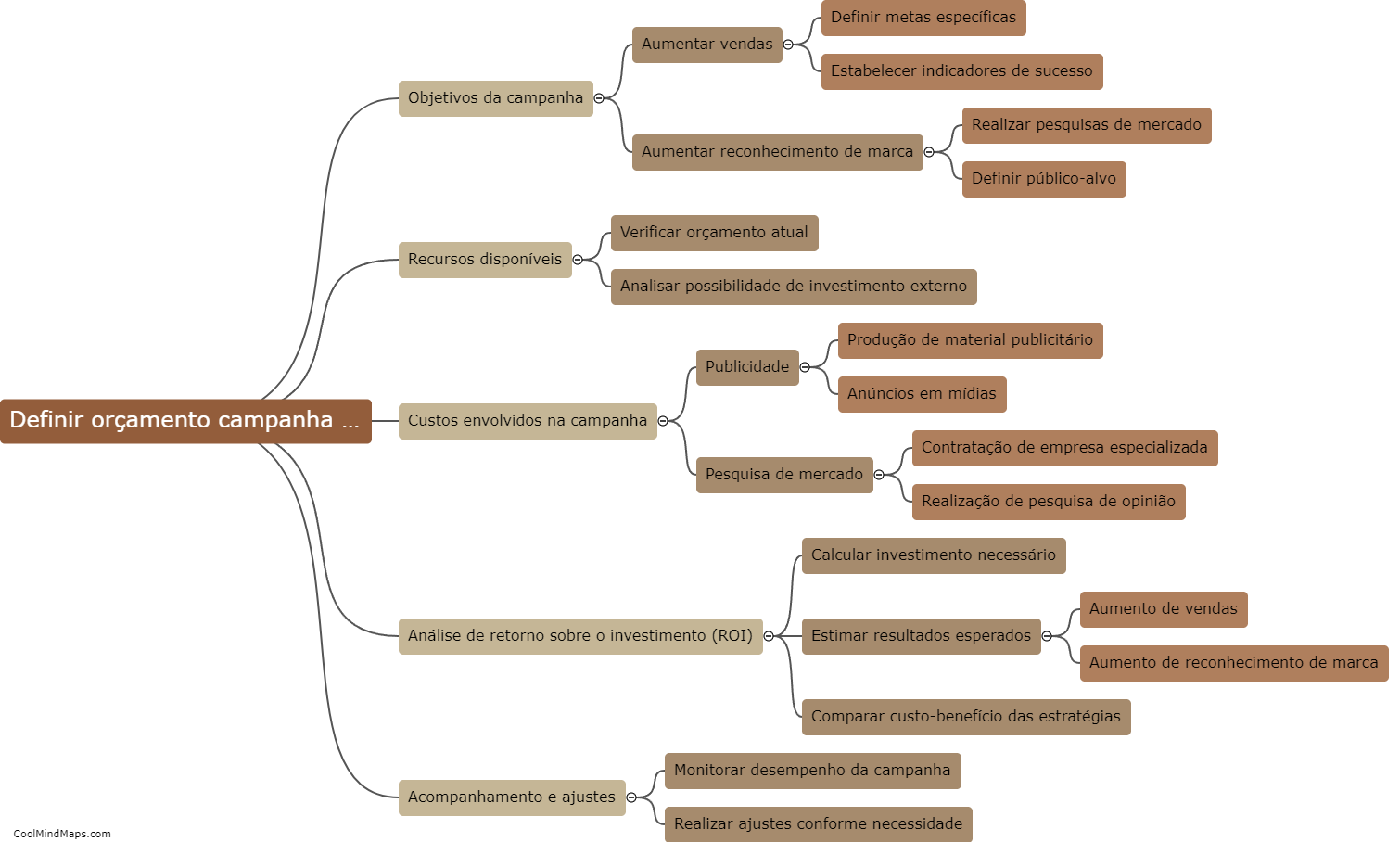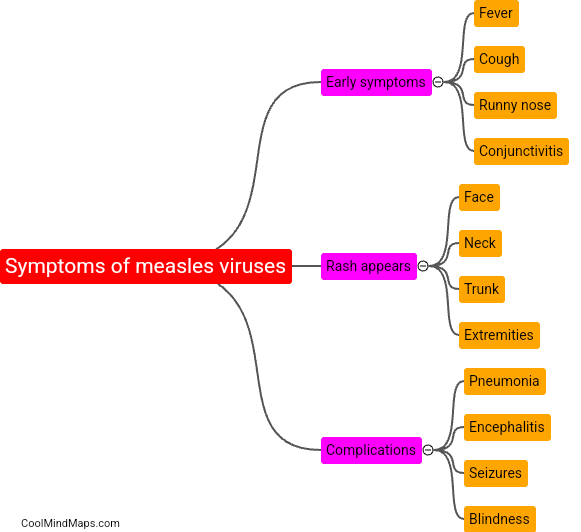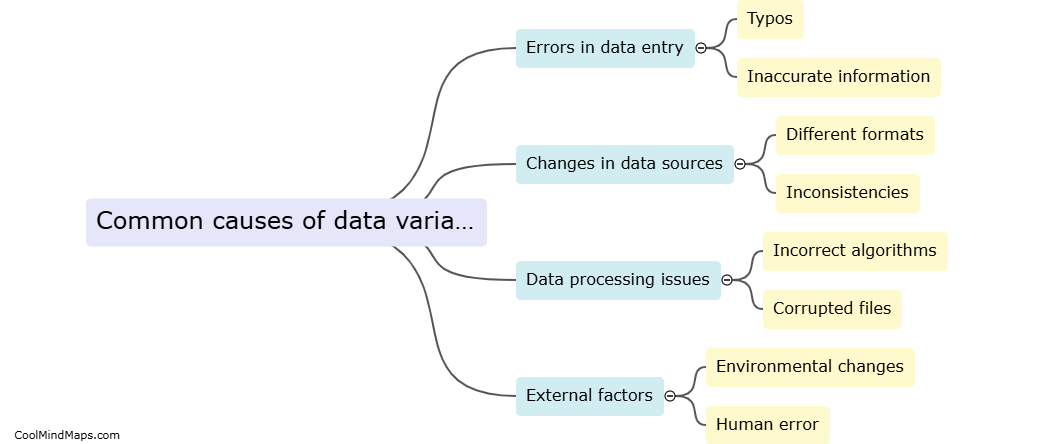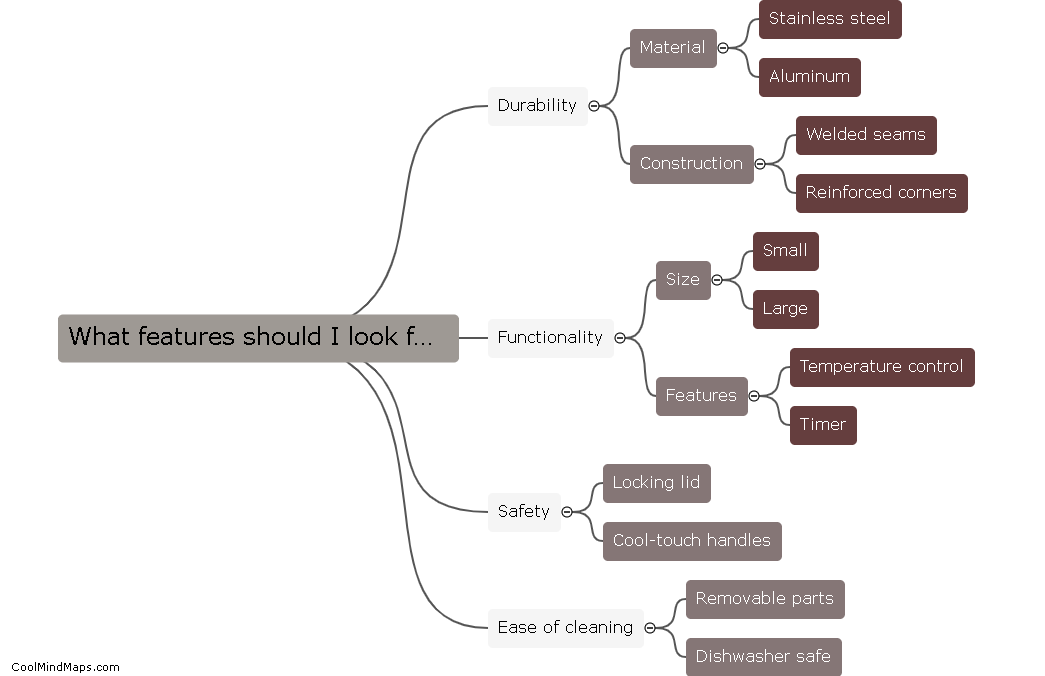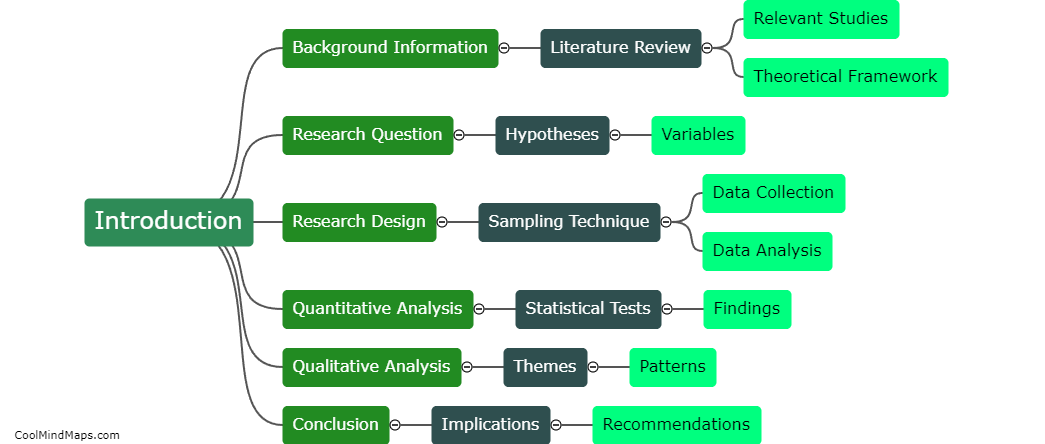What are viruses?
Viruses are small infectious agents that replicate inside living cells of organisms. They consist of genetic material, either DNA or RNA, surrounded by a protein coat called a capsid. Viruses are not considered living organisms because they cannot carry out metabolic functions on their own and require a host cell to replicate. They infect a wide range of organisms, including plants, animals, and bacteria, causing diseases such as the flu, common cold, and COVID-19. Vaccines are often used to prevent viral infections by stimulating the immune system to recognize and destroy viruses before they can cause illness.
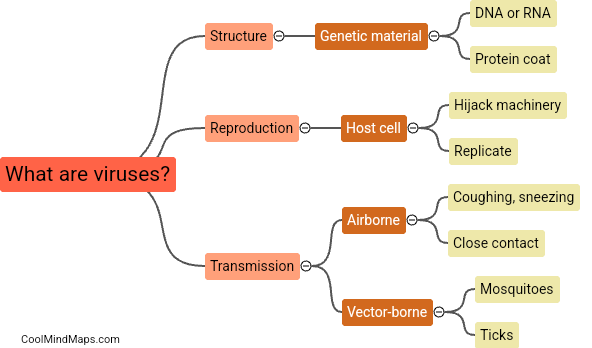
This mind map was published on 29 October 2024 and has been viewed 25 times.


